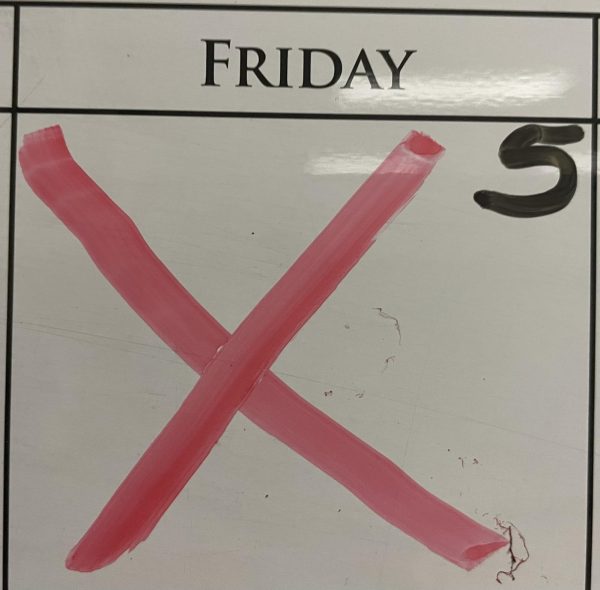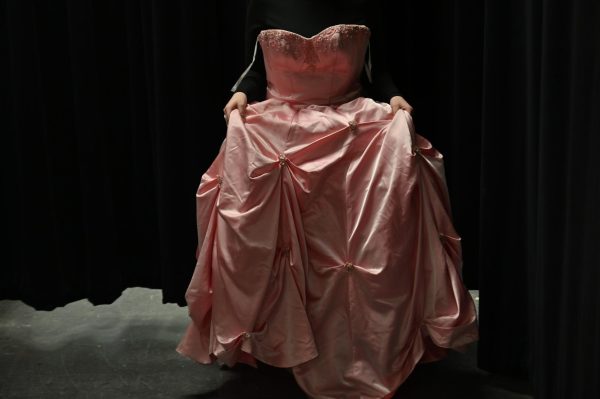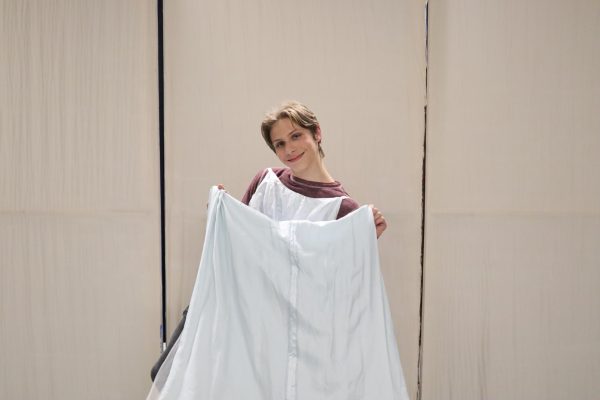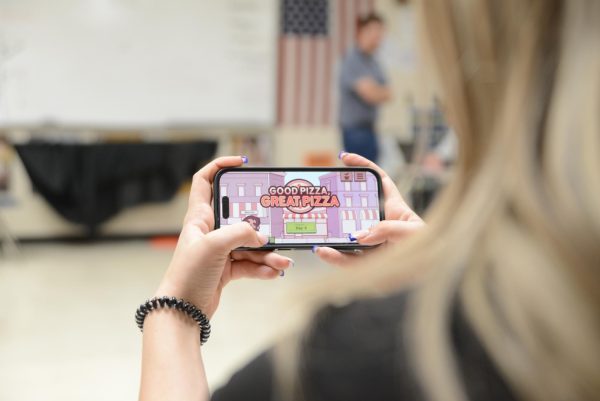Lockdown Drills, Are They Foolproof?
March 22, 2021
Lockdown drills, every school goes through them now. It is perhaps more common than fire drills, but are the lockdown drills foolproof?
Every school has a different method to a lockdown. Like the ALICE method, but most schools turn off the lights, lock the doors and crouch in a quiet corner. This is also known as “Locks, Lights, Out of sight.”
Is it the safest way to avoid getting hurt?
It is not just the preparations of the emergency that may not be safe, but the mental effect that the drills inflict.
It causes anxiety, stress, and trauma in the fight or flight defense system.
Let’s talk about the methods to a shooter emergency drill.
ALICE: The ALICE acronym stands for (Alert, Lockdown, Inform, Counter, Evacuate)
Alert your peers of the threat, Lockdown means barricade or prepare to evacuate.
Inform, which means communicating with others where the threat is.
Counter means if you run into the threat, do NOT fight back, instead out flank the threat. You can do this by movements and distractions to confuse the threat. You can do this by throwing something like a book to get the attention away from you.
Evacuate, when safe you leave the premises away from the danger zone.
This method is a little more complex but gives students a better chance to survive.
The other method is “Locks, Lights, Out of sight” This method, when an emergency happens, this alarms teachers to lock the doors, turn off the lights, and go in a corner away from the door.
This is the method that we use here, most of the time that prevents students from evacuating in the threshold of danger, especially if there are no windows. Some people describe it as “sitting like ducks.”
I am not a professional, I advise everyone to do what they think is right, avoid following crowds, study the map of the building you are in and mark all the exits, grab nothing but your phone and go to the next door business. I do NOT think you should John McClane it from the movie “Die Hard”









